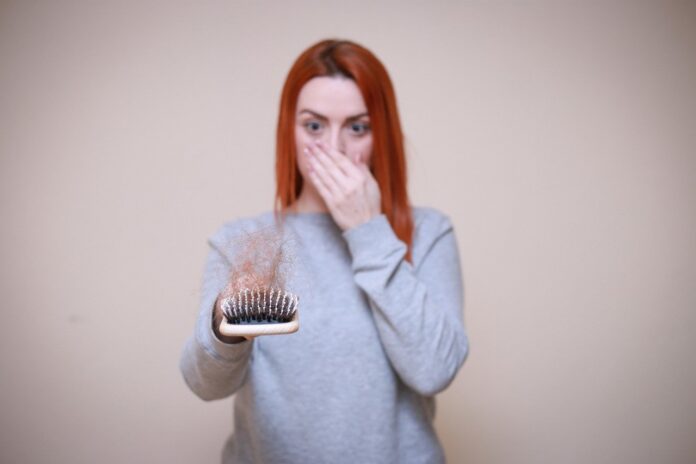Hair is likely one of the first features that people notice and use to build an opinion of a person’s personality. Whether your hair is curly, wavy, straightened, or natural, it certainly reveals something about you. Good, healthy hair not only inspires self-assurance, but also aids in making a fashion statement. If hair loss begins prematurely and at a young age, it has a significant psychological impact on the individual. Extreme cases of excessive hair loss have been linked to low self-esteem and a number of other mental health difficulties, ranging from stress and worry to suicidal impulses, according to studies.
Dr. Debraj Shome, a Cosmetic Surgeon, and Dr. Rinky Kapoor, a Dermatologist at The Esthetic Clinics, undertook a questionnaire-based study with patients from Mumbai, Delhi, Kolkata, and Bangalore. The journal Dermatological Reviews has published a study on the impact of alopecia (hair loss) on the quality of life of individuals in India. To determine the impact of hair loss on humans, about 800 patients older than 18 years responded to the questionnaire; 442 were male and 358 were female. According to the research, 30 percent of males and 27 percent of females between the ages of 18 and 30 experienced hair loss difficulties that affected their social life. They experienced depression, stayed at home, and avoided social interaction. Due to alopecia, many of them felt ashamed, embarrassed, frustrated, humiliated, or irritated.
“Balding or thinning hair can be more distressing for women in societies and cultures where a bald male may be socially acceptable, but a bald woman is not, because her hair is a symbol of her femininity. The mental health and public health significance of alopecia must be acknowledged, and an interdisciplinary strategy must be taken for its treatment “Dr. Rinky Kapoor, a dermatologist at The Esthetic Clinic, explains.
“Alopecia or hair loss may have psychological effects in the form of stress, anxiety, depression, lack of confidence, low self-esteem, suicidal ideation, and social phobia as a result of its effect on physical appearance. About fifty percent of men and women, regardless of age, are affected by alopecia due to a variety of reasons, including physical, chemical, and hormonal changes, autoimmune and inflammatory disorders, congenital diseases, infections, and tumors, among others. This demonstrates that what is not on the head (hair) can affect what is within the head “Dr. Debraj Shome, a famous cosmetic surgeon and co-founder of The Esthetic Clinics, adds the following.



















![10 Countries With the Best Healthcare in the World [Statistical Analysis] Countries With the Best Healthcare in the World](https://articleify.com/wp-content/uploads/2025/07/Countries-With-the-Best-Healthcare-in-the-World-1-150x150.jpg)









